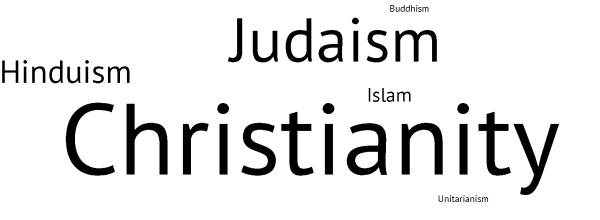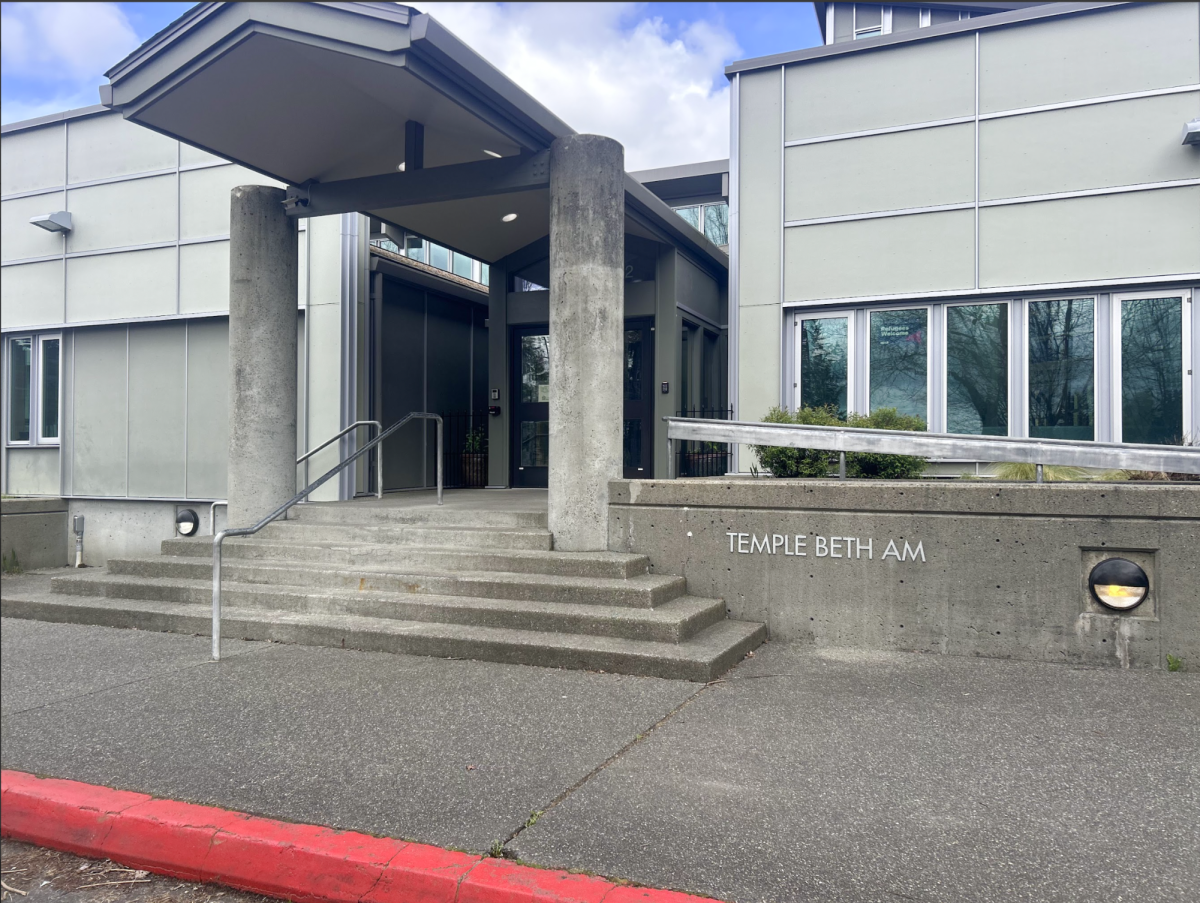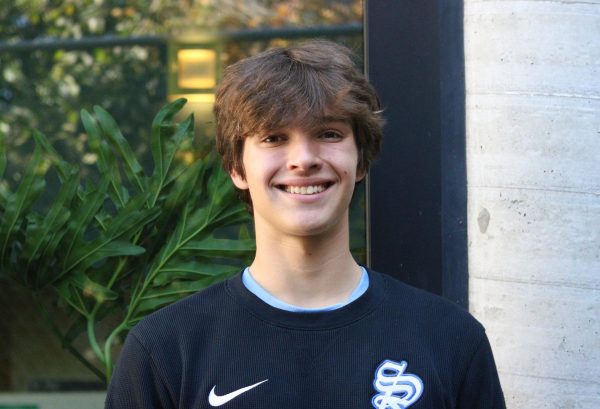A recently released study found Seattle to be the least religiously affiliated metro area across the United States. This trend does not stop at the school’s doors. In a survey conducted by the Puma Press, 50.5% of upper school students self-identified themselves or their family as having a religious affiliation.
This trend does not stop at the school’s doors. In a survey conducted by the Puma Press, 50.5% of upper school students self-identified themselves or their family as having a religious affiliation.
The Pew Research Center study reported 44% of adults in Seattle, tied with Portland, self-identified as unaffiliated with any religion.
“I knew that Seattle was not super religious,” said senior Karsten Stuyt, a practicing Roman Catholic. “I’m not that surprised.”
Of the 99 students who responded to the Puma Press survey, 40% of students noted Christianity as their religion.
“Religion has always been part of my family,” said ninth grader Gregor Schuchart, who identifies as Christian. “It’s how I shape the way I do things and how I see life.”
UPrep has 11 affinity groups, with two of them being religiously affiliated: the Jewish Student Union and the Muslim Student Association.
Students not identifying with these groups, however, can find it hard to speak about their religion at a secular school.
“I try not to bring it up because I know people can get irritated,” Schuchart said. “People can see you differently for what religion you are, or if you’re not religious, which I just don’t think is fair.”
Sophomore and co-leader of Jewish Student Union, Caleb Goldberg doesn’t believe religion should play a major role across the country
“I don’t think religion should take such a front and center place in any position in the US,” Goldberg said.
For Bishop Blanchet, a Catholic high school just 10 minutes away, religion plays a major role, even in students’ education.
“I like being able to have theology classes and learn more about my religion,” Bishop Blanchet junior Noe Doucette said. “We also have an option to learn about other people’s religion as well.”
Religiously affiliated schools, though, can come with drawbacks for students not of the popular faith.
 “I think it deters a lot of non-religious kids. We have Jewish students who have mentioned not feeling welcome,” Doucette said. “The [identity] groups we have are pretty much empty.”
“I think it deters a lot of non-religious kids. We have Jewish students who have mentioned not feeling welcome,” Doucette said. “The [identity] groups we have are pretty much empty.”
Goldberg believes that UPrep should take advantage of these identity space opportunities.
“Given that we have these identity groups, I think everyone who is part of whatever identity, culture, religion should show up at as many events as possible,” Goldberg said. “It’s a great resource that we have and these seats should be full.”


